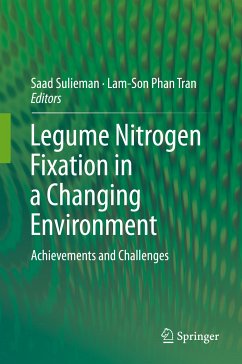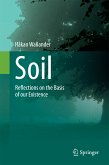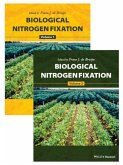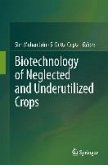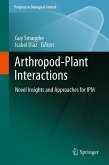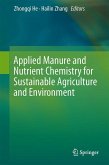The "Legume Nitrogen Fixation in a Changing Environment - Achievements and Challenges" volume brings together the state-of-the-art overview of the legume-rhizobia interaction in the context of a changing global environment. This volume focuses on the major environmental factors, namely drought, elevated temperature, salinity, soil acidity and rising carbon dioxide that substantially limit legume growth and productivity. Five chapters written by five internationally recognized research groups provide comprehensive coverage of the physiological, biochemical and molecular mechanisms that enable legume adaptation to these abiotic stressors. We believe that the knowledge included in this endeavor will be useful in building critical strategies to counter unfavorable conditions by leguminousplants. We enjoyed working on this volume in collaboration with the contributing authors. We hope that this volume will be of great value to legume researchers, and to people working with non-leguminous crop species as well.
Dieser Download kann aus rechtlichen Gründen nur mit Rechnungsadresse in A, B, BG, CY, CZ, D, DK, EW, E, FIN, F, GR, HR, H, IRL, I, LT, L, LR, M, NL, PL, P, R, S, SLO, SK ausgeliefert werden.

